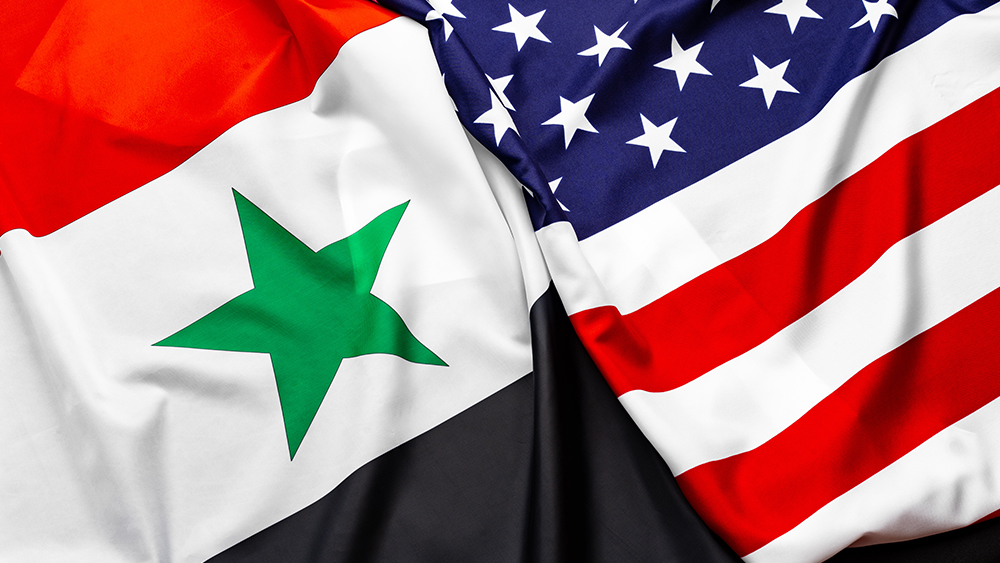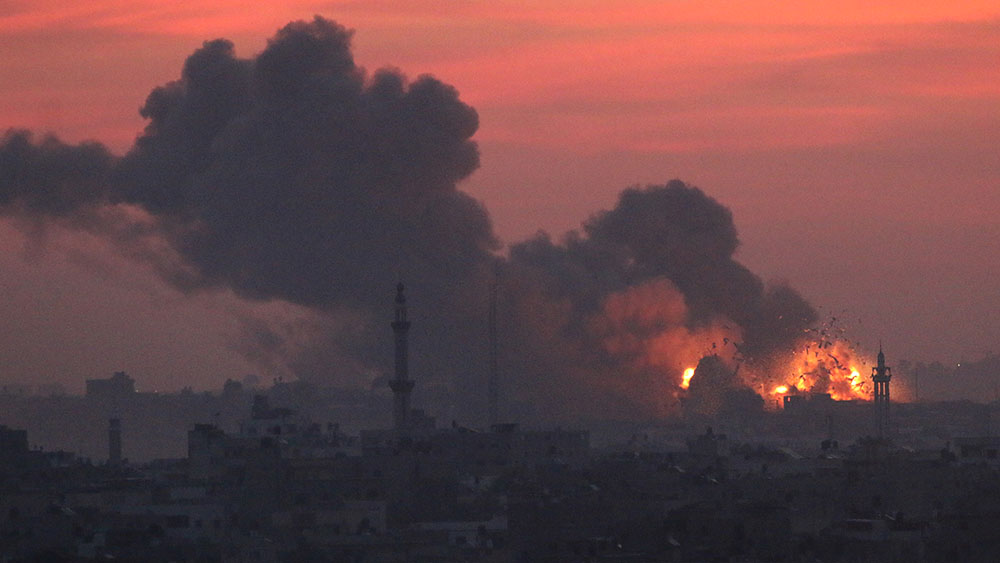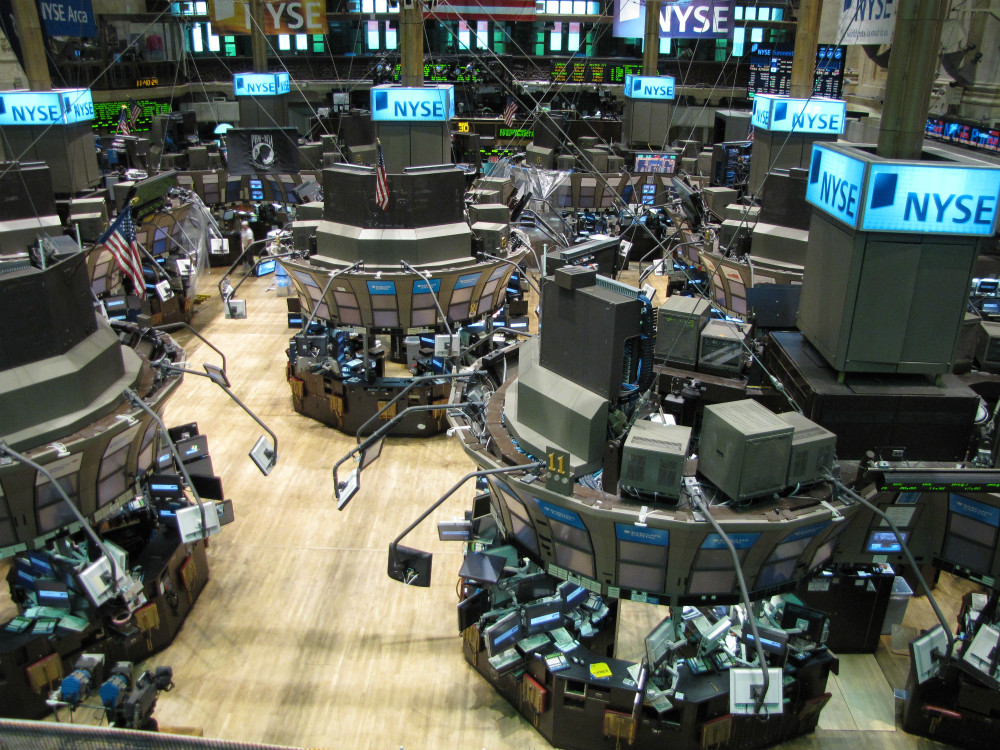 Parler
Parler Gab
Gab
- U.S. Secretary of State Marco Rubio stated that reopening the Damascus embassy is being cautiously evaluated, though security threats (e.g., rogue armed factions, ISIS remnants, and pro-Assad forces) remain the primary obstacle.
- The embassy has operated from Turkey since 2012; its return hinges on improved security and the interim Syrian government’s ability to stabilize the country.
- Rubio noted the transitional government under President Ahmed al-Sharaa lacks FBI vetting and struggles to control armed groups, risking state collapse without U.S. engagement.
- The U.S. lifted sanctions to avert Syria’s collapse, but al-Sharaa's militant history and Israel's security fears (e.g., Golan Heights fortifications) complicate stabilization efforts.
- While Rubio emphasized engagement as necessary despite risks, former officials had previously ruled out reopening the embassy, highlighting the delicate balance between diplomacy and Syria's instability.
Syria sanctions lifted, yet skepticism remains
According to Rubio, al-Sharaa's transitional government has not yet passed background checks by the U.S. Federal Bureau of Investigation. "They've got a tough history," he acknowledged. While Rubio highlighted the fact that the new Syrian government lacks the capacity to fully rein in armed factions, he argued that disengagement would guarantee failure. The stakes are high: Without stabilization, Syria risks descending into a broader civil war. "Maybe weeks, not many months, away from potential collapse," Rubio warned his colleagues. The move follows U.S. President Donald Trump’s abrupt lifting of sanctions on Syria – a decision aimed at preventing the country's collapse. The sanctions relief, including waivers under the Caesar Act, is intended to facilitate foreign investment and unify Syria's fractured military. It nevertheless drew scrutiny given Sharaa's militant past and Syria's volatile landscape. Israel, a key U.S. ally, remains a critical factor. Israeli Prime Minister Benjamin Netanyahu has reinforced the Golan Heights – occupied since 1967 – fearing spillover violence. While Sharaa's government has pledged not to threaten Israel, skepticism lingers. (Related: Israel attacks Iranian embassy in Syria to provoke Iran, rope U.S. into WWIII.) Rubio's testimony before the Senate came as a surprise development. In December 2024, former State Department spokesman Matthew Miller told reporters that there were no plans to reopen the embassy following its 2012 closure. His comments at the time followed Assad's ouster and subsequent escape to Russia. "Should we see a process that follows those principles, we are prepared to recognize a Syrian government that does so," Miller said. "And of course ... the opening of an embassy is the type of step that follows such recognition." For now, the path forward remains fraught, balancing cautious optimism with the scars of Syria's brutal conflict. As Rubio noted, engagement is a gamble – but inaction could prove costlier. Visit BigGovernment.news for more similar stories. Watch U.S. Secretary of State Marco Rubio reiterating that Washington is working for a "peaceful, stable Syria" in this clip. This video is from the Cynthia's Pursuit of Truth channel on Brighteon.com.More related stories:
From Al-Qaeda to Aleppo: How Syria’s new leadership threatens global security. "This isn't war. It's genocide": The silent massacre of Syria's Alawite, Christian, and Druze communities continues. Syria's Fall: A Strategic Blow to Iran, Hezbollah, and Russia – Highlights from the Mike Adams Brighteon Broadcast for Dec 9, 2024. Sources include: MiddleEastEye.net Business-Standard.com Brighteon.comGM shifts away from EV push with $888M investment in New York V-8 engine plant
By Cassie B. // Share
U.S. scraps $700M+ bird flu vaccine deal with Moderna: A victory for safety and health freedom?
By Willow Tohi // Share
Ireland leads EU in condemning Israeli genocide in Gaza, moves to ban settlement trade
By Cassie B. // Share
U.S. halts critical exports to China amid escalating trade and supply chain wars
By Willow Tohi // Share
U.S. and Argentina: New global health alliance emerges from WHO rejection
By Willow Tohi // Share
U.S. consumer confidence soars on U.S.-China trade truce’s “new normal”; economic mood shifts
By Willow Tohi // Share
Governments continue to obscure COVID-19 vaccine data amid rising concerns over excess deaths
By patricklewis // Share
Tech giant Microsoft backs EXTINCTION with its support of carbon capture programs
By ramontomeydw // Share
Germany to resume arms exports to Israel despite repeated ceasefire violations
By isabelle // Share










